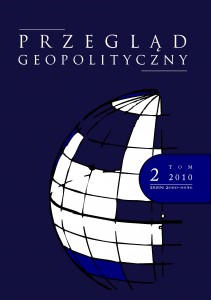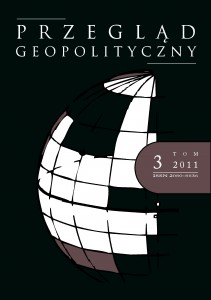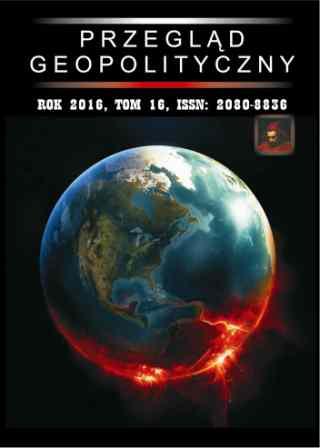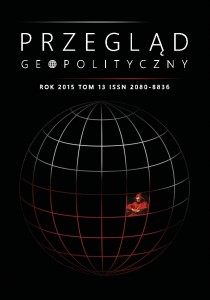Author(s): Roman Szul / Language(s): Polish
Issue: 15/2016
Russia enters the 21st century with the ambition to regain the position of a global superpower. This ambition results from the need to counteract the UScentred unipolar global order. According to opinions expressed by many foreign and Russian experts, it also results from the Russian imperial traditions and mentality and from the necessity to secure internal stability and integrity of Russia (“Russia must be an empire, otherwise it would decline and collapse” - Smolin). Given its demographic, economic and technological weaknesses, Russia needs allies/partners in its endeavours to became a superpower (an empire). In Europe such a partner is Germany. For Russia the Russian-German partnership means access to German and EU market for Russian exports (of energy resources), access to European technology and capital, “neutralisation” of Europe as a possible political rival on the global scale, and acceptance by Europe of Russia’s strategic interests in its “zone of influence” (former USSR). For Germany this partnership means first of all access to Russian markets for German goods and services and the position of a privileged importer (hub) of Russian energy resources. To secure advantageous trade with Russia, Germany (business and politicians) accepts special Russian interests in its “zone of influence” (e.g. rejection of NATO membership for Ukraine, Georgia, etc.) and ignores or downplays possible Russian imperialist tendencies. Acceptance of Russian interests and points of view in Germany stems not only from mere economic interests but also from specific German psychological attitude to Russia (a mixture of “love and fear”), an outcome of memories of the WWII. As a result, no initiative of the Russian-German partnership can be stopped in Europe, regardless of opinions and interests of other parties. The best example of the strength of the Russian-German partnership in Europe is the Nord Stream gas pipeline, unsuccessfully opposed by Poland and the Baltic states. However, the recent political crisis in Ukraine and the Russian appeal to Germany to accept and support Russia’s engagement in Ukraine, exceeding the hitherto frameworks of the Russian-German partnership, put at risk this partnership. Germany is divided into those who “understand” Russia and want to do “business as usual” with Russia, and those who call for a decisive opposition to Russian (Putin’s) adventurism. Given its potential and special relations with Russia, Germany is the only country in Europe which can influence Russia’s behaviour in Ukraine, and consequently shape broader international relations in Europe.
More...







